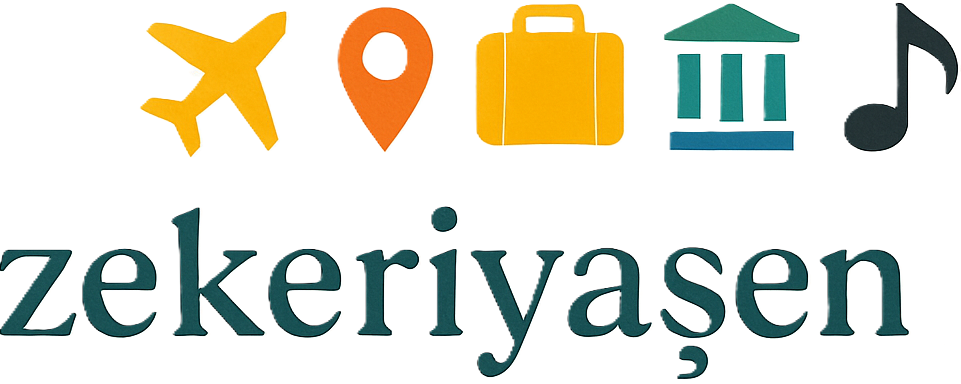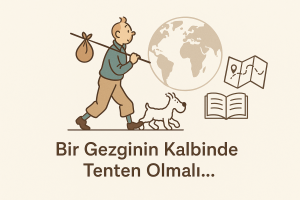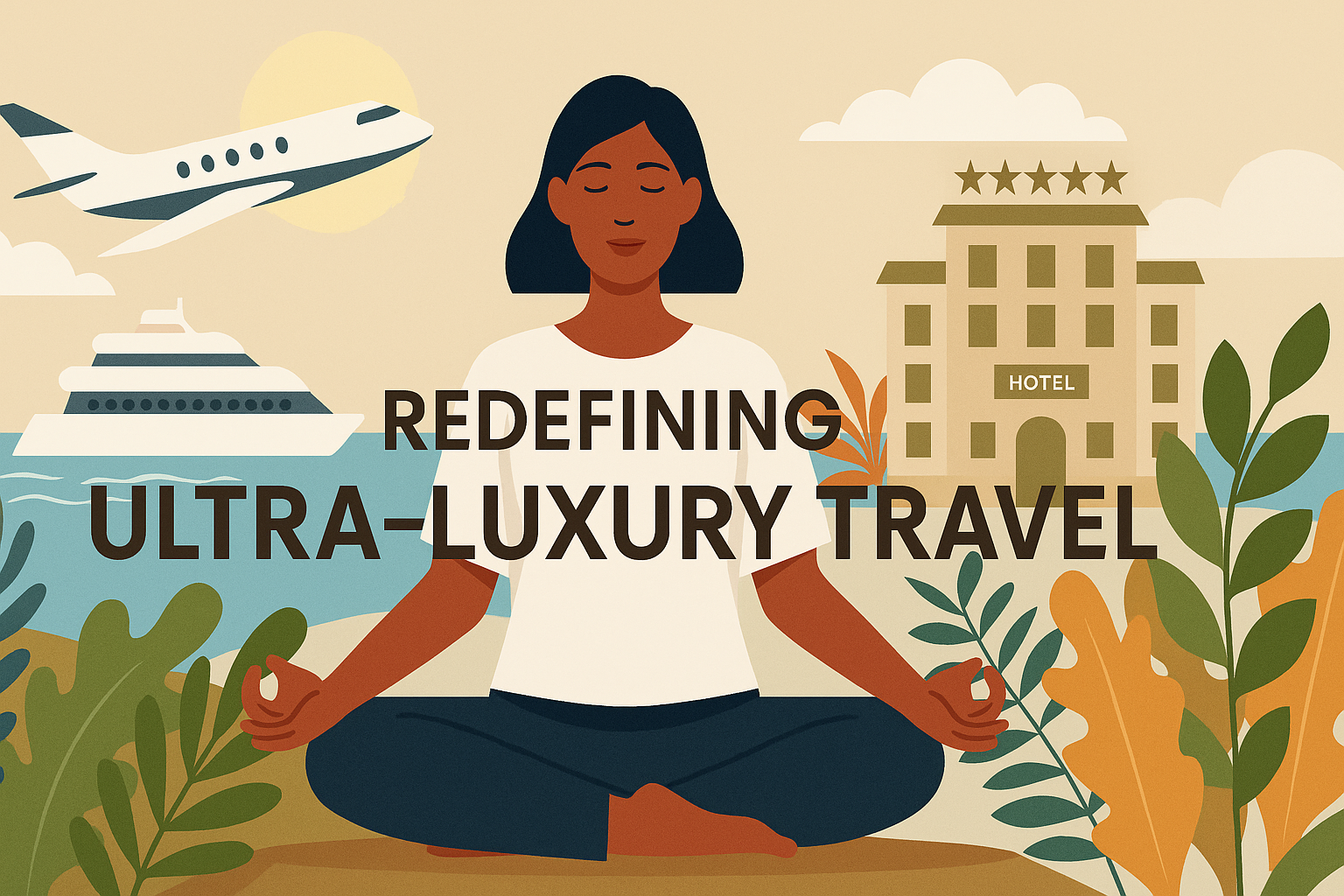
The worldwide tourism environment undergoes significant transformations because discerning travellers establish revolutionary standards for luxury, travel expectations, and experience definitions. People who spend $100,000 or more per journey make up the ultra-high-net-worth (UHNW) category, who now reject traditional luxury travel features such as five-star services and first-class transportation.
These days, their goals expand beyond basic luxury to focus on personal growth, hassle-free travel, and activities that promote their life satisfaction.
The Flywire 2025 Luxury Travel Survey which offers insightful data on the evolving expectations, behaviours, and preferences of ultra-luxury travellers—particularly from the U.S. market is a very enlightening source. It is a valuable resource for anyone operating in the high-end travel space, reflecting current trends and future purchasing intentions. This survey presents evidence of changing luxury standards by analysing data from 500 American ultra-luxury travellers. The survey reveals a new direction in values because the time when luxury existed solely as the highest luxury standard is disappearing. The market segment of influential travellers now values holistic wellness together with deep personalisation and authentic experiences, which have transformed their demands fundamentally.
Wellness stands as the primary emphasis for 2025 according to current trends. The approach to wellness travel surpasses introductory spa sessions and yoga retreats by promoting mental clarity and physical rejuvenation while fostering deep emotional connections. Ultra-luxury travellers design their trips with a defined mission to gain back more than they spend because they seek fundamental transformation and enrichment after their journeys. Transformation is the goal, whether people immerse themselves in peaceful natural environments, engage deeply with cultural elements, or participate in spiritual retreats. The “year of wellness and enriching experiences” so far marks 2025, according to Flywire, which shows travellers actively seeking journeys that combine sightseeing with personal development.
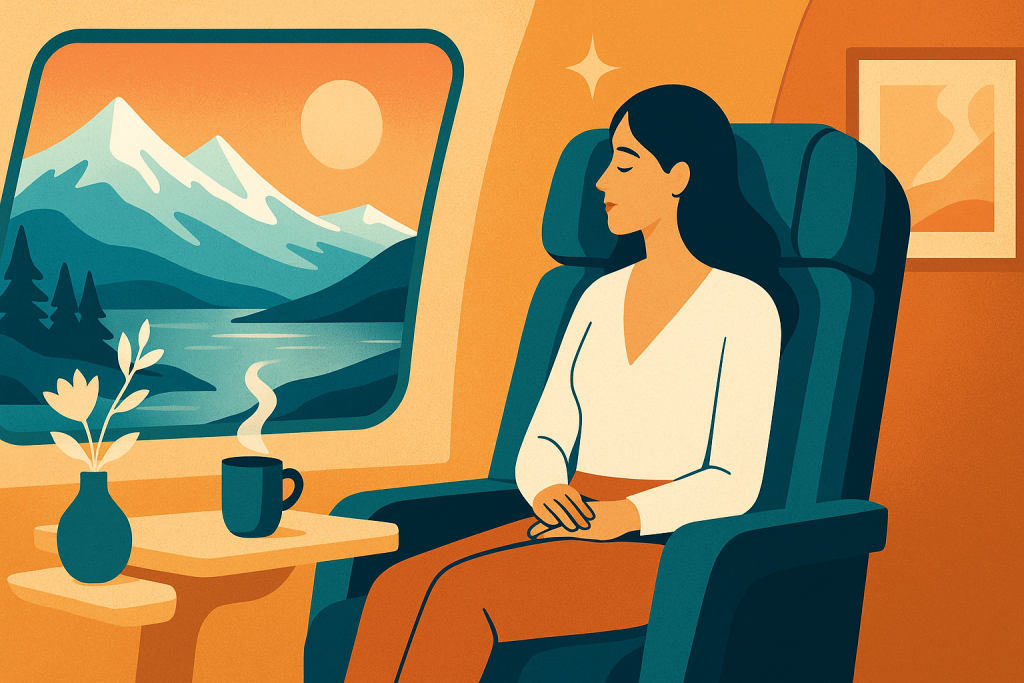
This evolution extends to accommodation and service preferences. The appeal of luxurious facilities remains intact, but spacious accommodations, peaceful environments, and individualised service now often surpass opulent displays of grandeur in importance. Travellers at this level require spaces that provide them with physical and mental freedom. Service expectations now prioritise intuitive and anticipatory support, which remains unobtrusive while focusing on genuine care instead of rigid formality. Planning and execution must be performed without interruptions, which is essential for all travellers.
The professional travel designer plays an increasingly crucial role because of the emphasis on seamless service delivery. These experts serve UHNW individuals by providing detailed insights, proficient problem-solving skills, and custom planning expertise beyond simple booking services. The Flywire survey demonstrates strong dependency because 96% of ultra-luxury travellers consider advisors vital for creating personalised travel experiences. According to current survey data, the percentage of young UHNW travellers aged 18-44 who do not book significant trips independently reaches 91%.
The professional value that travel designers deliver encompasses various aspects. Travellers depend on them to provide extensive knowledge about destinations (50%), help with visa-related travel complexities (45%), and offer essential immediate problem-solving capabilities when issues occur during trips (45%). The most telling statistic shows that 40% of travellers depend on their travel advisors because these professionals fully grasp personal tastes, which leads to creating highly personalised, meaningful experiences. People see their advisor as a protective force that offers security (31%) while also helping to reduce travel stress through detailed logistical arrangements (36%).
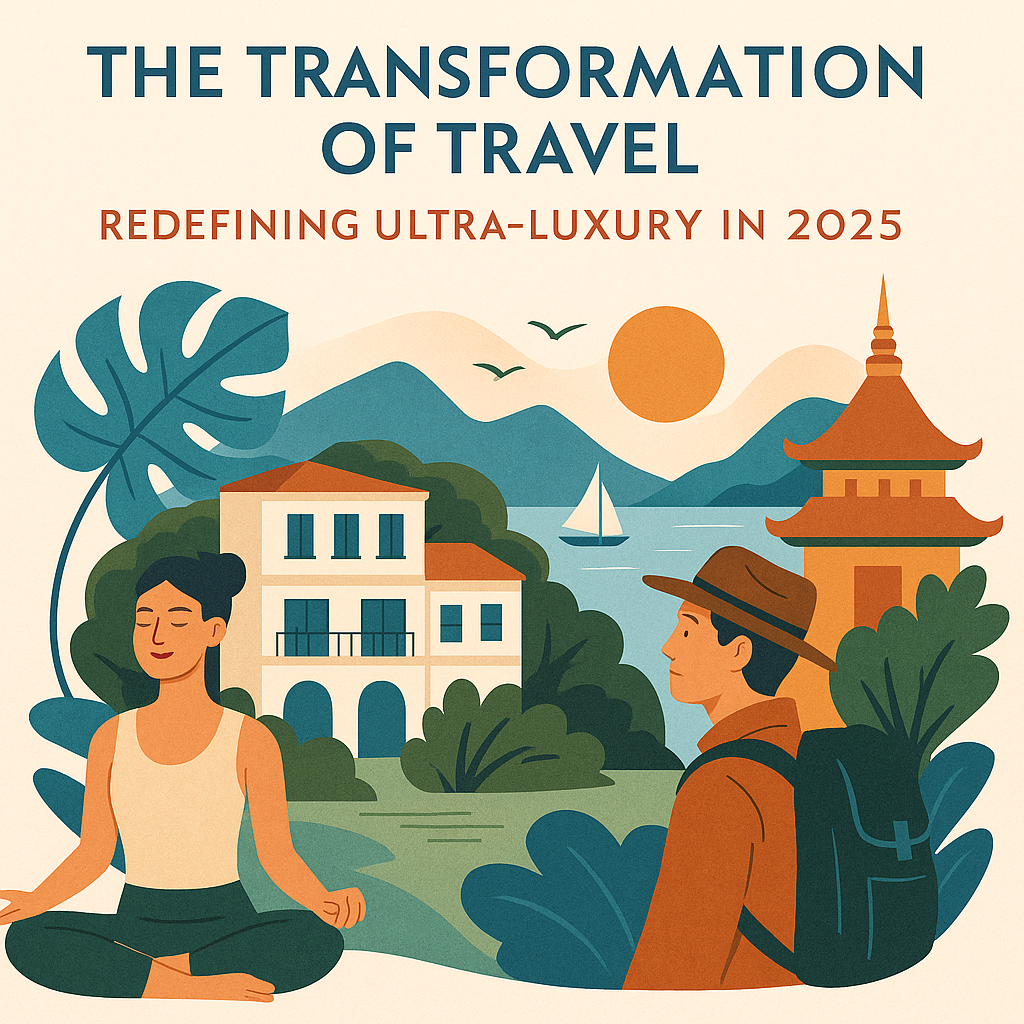
The ultra-luxury segment continues to grow economically at a strong pace. Travellers who currently spend large amounts on their trips plan to boost their spending for 2025 by 30%, while four out of five individuals plan to increase their travel budgets. Travel providers who succeed in delivering exclusive, high-touch services combined with seamless experiences from start to finish will capture the rising demand of travellers. Providers must focus on complete personalisation for each customer, digital convenience, expert human interaction, personalised wellness-focused itineraries, and flexible, responsive support systems. Travel luxury will experience a fundamental change in its definition as we approach 2026. The focus now shifts from materialistic buying to authentic transformative experiences, connecting to personal values and emotions. People who demand luxury travel have shown a substantial financial commitment if service providers deliver authentic experiences with hassle-free convenience and profound depth while achieving perfection. The elite clientele requires travel professionals and providers to move beyond extravagant offerings by demonstrating empathy and delivering exceptional operational performance and expert personalised curation.
